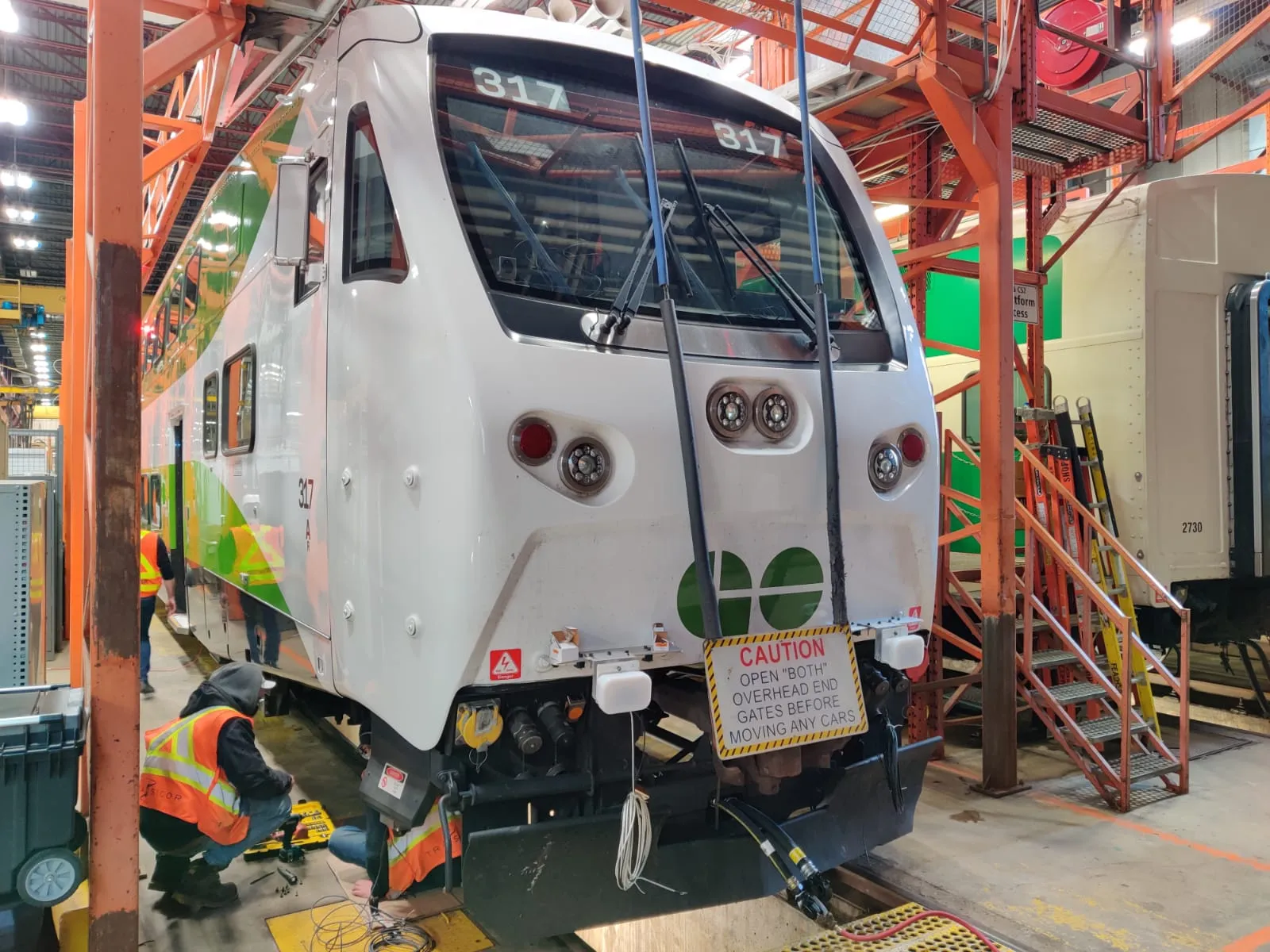Engineering services firm Parsons has completed the implementation of its NETworks advanced transportation management system (ATMS) software in Mississauga, Canada and the system is now operational, allowing the city to actively monitor travel conditions, control traffic signals and share information with other regional transportation agencies.
Operating in Mississauga’s traffic management centre, Parsons’ ATMS software provides an intelligent signal control system for real-time management of the 769+ tr
February 9, 2017
Read time: 1 min
Engineering services firm 4089 Parsons has completed the implementation of its NETworks advanced transportation management system (ATMS) software in Mississauga, Canada and the system is now operational, allowing the city to actively monitor travel conditions, control traffic signals and share information with other regional transportation agencies.
Operating in Mississauga’s traffic management centre, Parsons’ ATMS software provides an intelligent signal control system for real-time management of the 769+ traffic signals within the city, including those under the jurisdiction of the Region of Peel, the Ministry of Transportation Ontario, Halton Region and the Greater Toronto Airport Authority.
Parsons also provided the new traffic video wall in the traffic management centre and will maintain the ATMS for the next five years.
The system also provides closed circuit television camera control, enables travel time notifications and other traveller information, provides incident detection and management capability and integrates automatic fleet vehicle location and asset management functionality.
Operating in Mississauga’s traffic management centre, Parsons’ ATMS software provides an intelligent signal control system for real-time management of the 769+ traffic signals within the city, including those under the jurisdiction of the Region of Peel, the Ministry of Transportation Ontario, Halton Region and the Greater Toronto Airport Authority.
Parsons also provided the new traffic video wall in the traffic management centre and will maintain the ATMS for the next five years.
The system also provides closed circuit television camera control, enables travel time notifications and other traveller information, provides incident detection and management capability and integrates automatic fleet vehicle location and asset management functionality.










